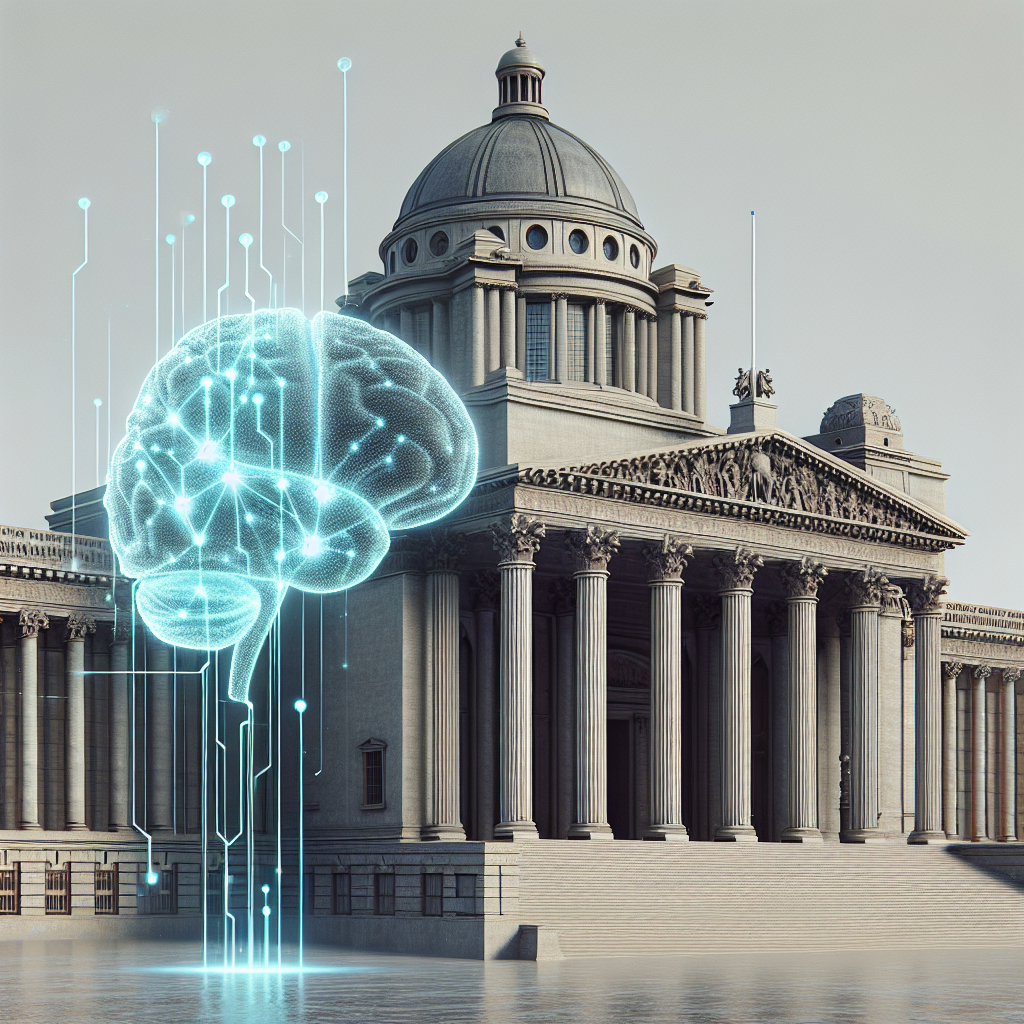Artificial Intelligence (AI) and Machine Learning are rapidly transforming industries across the globe, offering new opportunities for innovation and efficiency. Government agencies are no exception, as they seek to leverage these technologies to improve services, streamline operations, and make data-driven decisions. However, implementing AI and Machine Learning in the public sector comes with its own unique set of challenges.
1. Lack of Data Quality:
One of the biggest challenges in implementing AI and Machine Learning in government is the quality of the data available. Government agencies often have vast amounts of data, but it may be incomplete, outdated, or inconsistent. This can lead to inaccurate predictions and recommendations, undermining the effectiveness of AI systems.
2. Data Privacy and Security:
Government agencies are responsible for handling sensitive information, such as personal data and classified documents. Ensuring the privacy and security of this data is paramount, especially when implementing AI and Machine Learning systems that rely on vast amounts of data. Strict regulations and protocols must be in place to protect this information from breaches and misuse.
3. Lack of Expertise:
AI and Machine Learning technologies require specialized skills and knowledge to implement and maintain. Government agencies may lack the expertise and resources needed to effectively utilize these technologies, leading to delays and inefficiencies in implementation. Training and hiring skilled professionals in AI and Machine Learning is crucial for successful adoption in the public sector.
4. Transparency and Accountability:
AI and Machine Learning algorithms can sometimes be opaque and difficult to interpret, raising concerns about accountability and bias. Government agencies must ensure that their AI systems are transparent and accountable, with clear explanations of how decisions are made and mechanisms for addressing bias and errors.
5. Resistance to Change:
Implementing AI and Machine Learning in government can face resistance from employees and stakeholders who may be skeptical of new technologies or fear job displacement. Change management strategies and communication efforts are essential to overcome resistance and ensure successful adoption of AI systems.
6. Regulatory and Ethical Considerations:
Government agencies operate within a complex regulatory environment, with strict guidelines and ethical considerations that must be adhered to. Implementing AI and Machine Learning systems in the public sector requires careful consideration of regulatory compliance, ethical standards, and societal impact.
Despite these challenges, the benefits of implementing AI and Machine Learning in government are significant. These technologies have the potential to improve service delivery, enhance decision-making, and increase efficiency. By addressing the challenges head-on and developing robust strategies for implementation, government agencies can unlock the full potential of AI and Machine Learning to better serve citizens and achieve their mission.
FAQs:
Q: How can government agencies improve the quality of their data for AI and Machine Learning implementation?
A: Government agencies can improve data quality by implementing data governance practices, conducting data quality assessments, and investing in data cleansing and integration tools. Collaborating with external partners and leveraging data analytics technologies can also help enhance data quality.
Q: What are some strategies for ensuring the privacy and security of data in AI and Machine Learning implementations?
A: Government agencies can ensure data privacy and security by implementing encryption and access controls, conducting regular security audits, and complying with data protection regulations. Establishing clear data governance policies and training employees on data security best practices are also key strategies.
Q: How can government agencies address resistance to change when implementing AI and Machine Learning?
A: Government agencies can address resistance to change by involving employees in the implementation process, providing training and support, and communicating the benefits of AI and Machine Learning. Creating a culture of innovation and continuous learning can help overcome resistance and foster a more positive attitude towards new technologies.
Q: What are some best practices for ensuring transparency and accountability in AI and Machine Learning systems?
A: Government agencies can ensure transparency and accountability in AI and Machine Learning systems by documenting algorithms and decision-making processes, providing explanations for outcomes, and establishing mechanisms for auditing and oversight. Conducting regular reviews and testing for bias and errors can also help ensure accountability and fairness.

